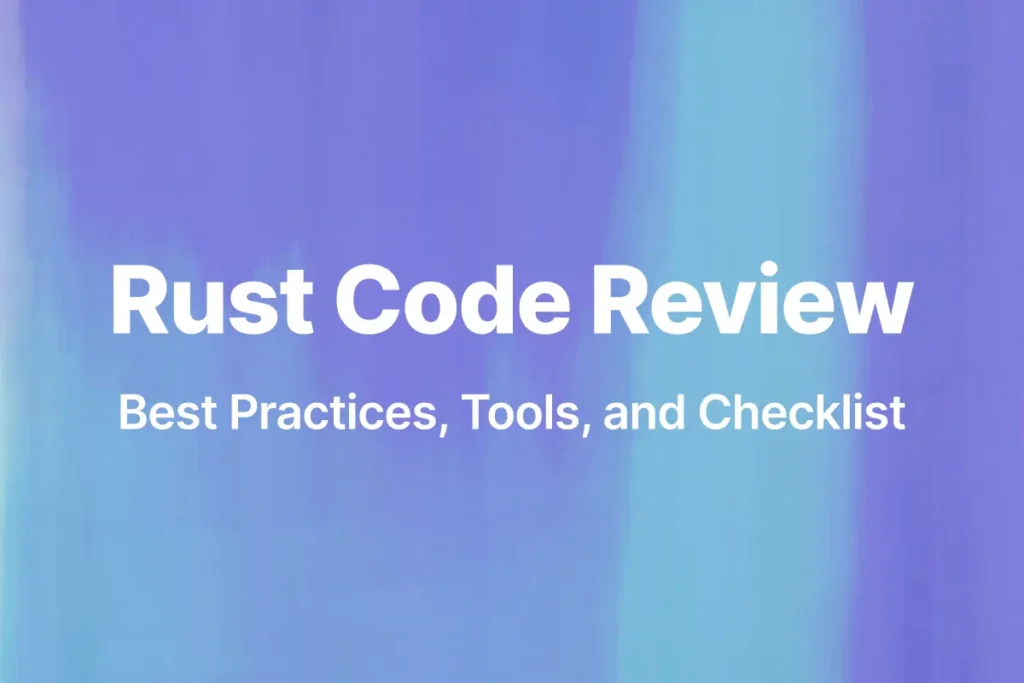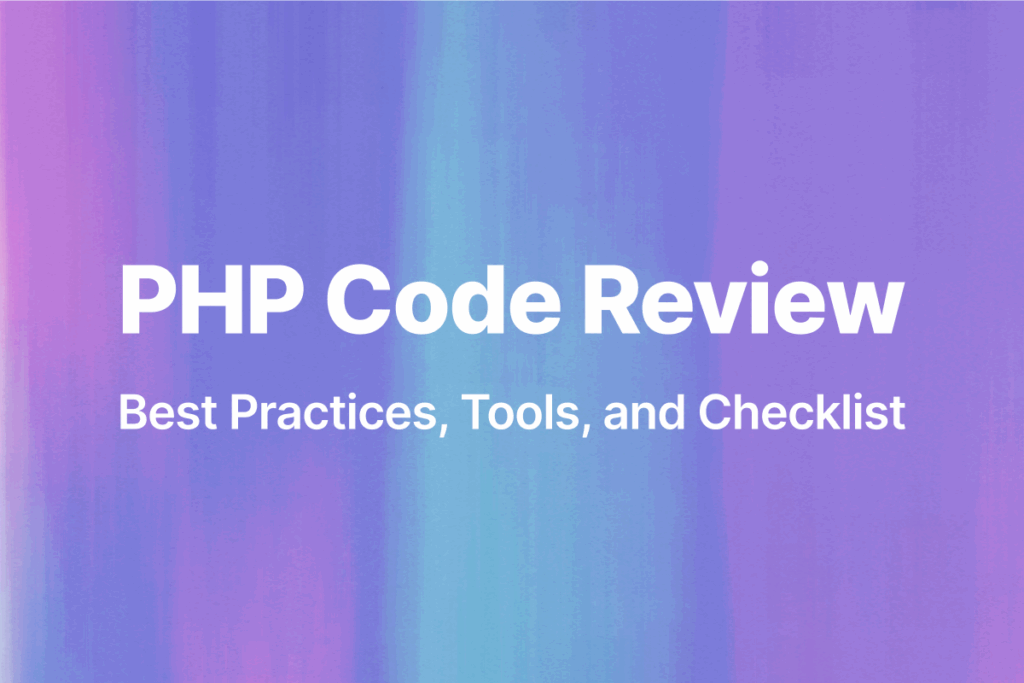Are you a software developer or IT professional who’s dreaming of landing your perfect job? Well, hold on tight because the interview process can be a rollercoaster ride! But don’t worry, we’ve got you covered.
In this blog post, we’ll give you the inside scoop on how to nail those tricky interview questions that you’ll likely encounter during DBA, Sys-Admin, Security, Hackathon, and JavaScript interviews. From sharing the best practices to demonstrating your skills, we’ll equip you with everything you need to know to feel confident and prepared for your next interview. So, buckle up, and let’s dive in!
1. What is a DBA and what are their responsibilities?
A DBA, or Database Administrator, is responsible for the design, implementation, maintenance, and performance of a company’s databases. A DBA’s job also includes monitoring and maintaining data integrity, managing user access and security, troubleshooting issues, and constantly improving the efficiency of the database. It’s a never-ending cycle of challenges and rewards that keeps a DBA on their toes at all times.
Essential knowledge to have before the interview:
- The primary role of a DBA is to ensure the smooth and efficient operation of a company’s databases.
- Having a good understanding of database concepts, SQL, and experience with database management systems such as Oracle, MySQL, or SQL Server would be beneficial to answer this question in an interview.
- knowledge of programming languages such as Java, Python, or C++ can also be helpful.
2. How do you optimize database performance?
There are several ways to optimize database performance, including indexing, partitioning, and denormalization, as well as using query optimization techniques such as query rewriting and execution plan analysis. Additionally, monitoring performance metrics and identifying and addressing bottlenecks can help improve performance.
Essential knowledge to have before the interview:
- Understand the importance of good database design, including normalization, index design, and query optimization.
- Know the different techniques used to optimize queries, such as using indexes, avoiding unnecessary joins, and optimizing subqueries.
- Understand the different types of indexes available, such as clustered, non-clustered, and full-text indexes, and how to use them to improve query performance.
- Know how to use the database tuning advisor tool to analyze query performance and suggest improvements.
3. What are some best practices for database security?
Some best practices for database security include implementing strong authentication and access controls, regularly backing up and encrypting data, and using intrusion detection and prevention systems. Additionally, keeping software and security protocols up to date and performing regular security audits can help ensure the security of a database.
Essential knowledge to have before the interview:
- Understand the importance of strong authentication and authorization mechanisms to prevent unauthorized access to the database.
- Understand the importance of encrypting sensitive data such as passwords, credit card information, and personal information to protect it from being accessed by unauthorized parties.
- Know the importance of role-based access control and how it can help limit access to specific data and functions.
4. How do you handle database backups and disaster recovery?
Database backups are typically performed using tools such as SQL Server Management Studio or mysqldump. It’s important to establish a regular backup schedule and to test the backups to ensure that they can be successfully restored in the event of a disaster. Disaster recovery plans typically include procedures for restoring from backups, as well as strategies for minimizing data loss and minimizing downtime.
Essential knowledge to have before the interview:
- Understand the different backup and recovery strategies such as full, incremental, and differential backups. Know when to use each strategy and the pros and cons of each.
- Understand the various backup and recovery tools such as mysqldump, pg_dump, SQL Server Management Studio, and Oracle Recovery Manager.
- Understand the importance of disaster recovery planning and the different techniques used to ensure business continuity in case of a disaster.
- Know the different high availability techniques such as clustering, replication, and mirroring.
5. What are the common tools used by DBAs?
Common tools used by DBAs include database management systems such as SQL Server, Oracle, and MySQL, as well as management and monitoring tools such as SQL Server Management Studio, Oracle Enterprise Manager, and MySQL Workbench. DBAs may also use performance monitoring and tuning tools such as SQL Server Profiler and Oracle AWR.
Essential knowledge to have before the interview:
- Understand the various types of DBMS available, such as relational, NoSQL, and document-based databases. This knowledge will help you understand the different tools used for each type of DBMS.
- Understand the role of a database administrator (DBA) and their responsibilities, including database design, maintenance, security, and troubleshooting.
- Understand SQL (Structured Query Language) and its syntax. This will help you understand the tools used to manage and query databases.
- Knowledge of operating systems such as Linux, Unix, and Windows is important because DBAs need to manage databases on these platforms.
6. What is a sys-admin and what are their responsibilities?
A sys-admin, or systems administrator, is responsible for the day-to-day operation and maintenance of a company’s computer systems and networks. This includes tasks such as monitoring system performance, troubleshooting issues, and ensuring the security and availability of systems and data.
Sys-admins are also responsible for implementing security measures to protect against cyber attacks and data breaches. This includes everything from setting up firewalls and intrusion detection systems to ensuring that all software and operating systems are up to date and patched against known vulnerabilities.
Essential knowledge to have before the interview:
- Basic knowledge of computer networking, including the OSI model, TCP/IP protocol, and network devices like routers and switches.
- Understanding of system security concepts, such as firewalls, intrusion detection/prevention systems, and antivirus software.
- Familiarity with virtualization technologies like VMware and cloud computing platforms like AWS or Azure.
- Ability to diagnose and resolve hardware and software issues that may arise in a system.
- Capability to document system configurations and procedures in a clear and concise manner.
- Ability to communicate technical information to non-technical stakeholders effectively.
7. How do you monitor and troubleshoot system performance issues?
Monitoring system performance can be done using tools such as Task Manager, Resource Monitor, and Performance Monitor on Windows, and top, vmstat, and iostat on Linux. Troubleshooting performance issues involves identifying the cause of the problem and taking steps to address it, such as by increasing system resources or optimizing system settings.
Essential knowledge to have before the interview:
- Tools such as Task Manager, Resource Monitor, and Performance Monitor on Windows, and top, vmstat, and iostat on Linux can be used to monitor system performance.
- Troubleshooting performance issues involves identifying the root cause of the problem and taking steps to address it.
- Regular monitoring and troubleshooting can help prevent and resolve system performance issues.
8. What are some best practices for securing a server?
Some best practices for securing a server include implementing strong authentication and access controls, keeping software and security protocols up to date, and regularly backing up and encrypting data. Additionally, implementing firewalls and intrusion detection and prevention systems can help protect a server from unauthorized access and attacks.
Essential knowledge to have before the interview:
- Understanding of different types of cyber attacks, such as brute force attacks, DoS attacks, and SQL injection attacks
- Familiarity with security best practices, including software updates, strong authentication, firewalls, encryption, data backups, access controls, monitoring and logging, security audits, antivirus and anti-malware software, and staff training
- Knowledge of physical security, network security, and software security
- Understanding of industry-standard security frameworks, such as ISO/IEC 27001 and NIST Cybersecurity Framework
9. What are some best practices for participating in a hackathon?
Some best practices for participating in a hackathon include forming a team with a diverse set of skills and perspectives, clearly defining your project goals, and focusing on creating a working prototype rather than trying to create a fully-featured final product. It’s also important to manage your time effectively, stay organized, and be prepared to pivot your project if needed.
Essential knowledge to have before the interview:
- Forming a team with a diverse set of skills and perspectives can be beneficial for a hackathon.
- Clearly defining project goals and focusing on creating a working prototype can help maximize the chances of success.
- Managing time effectively, staying organized, and being prepared to pivot the project can be key for a successful hackathon experience.
10. What are some best practices for writing JavaScript code?
Some best practices for writing JavaScript code include using consistent coding conventions, commenting your code, and testing your code regularly. It’s also important to use appropriate data types and avoid global variables whenever possible. Using libraries and frameworks such as jQuery or AngularJS can also help to make your code more efficient and easier to maintain.
Essential knowledge to have before the interview:
- Consistent coding conventions, commenting your code and testing your code regularly are some best practices for writing JavaScript code.
- Using appropriate data types and avoiding global variables can help make your code more efficient and easier to maintain.
- Using libraries and frameworks such as jQuery or AngularJS can also help make your code more efficient and easier to maintain.
11. How do you debug JavaScript code?
To debug JavaScript code, there are several techniques that can be used. One common approach is to use the browser’s built-in debugging tools, such as the Chrome DevTools or Firefox Developer Tools. These tools allow you to set breakpoints, inspect variables, and step through code execution to identify and fix errors.
Another technique is to use console.log() statements to output values or debug information to the browser console. This can help to pinpoint where errors or unexpected behavior is occurring in your code.
Additionally, using a linter or code formatter can help to catch syntax errors or style inconsistencies in your code before it’s even run, saving you time and effort in the debugging process.
Overall, effective debugging requires a combination of tools, techniques, and problem-solving skills to identify and resolve issues in your JavaScript code.
Essential knowledge to have before the interview:
- Familiarity with using the browser’s built-in debugging tools, such as Chrome DevTools or Firefox Developer Tools
- Understanding how to set breakpoints, inspect variables, and step through code execution
- Knowledge of using console.log() statements to output values or debug information to the browser console
- Awareness of using a linter or code formatter to catch syntax errors or style inconsistencies
- Ability to effectively problem-solve and identify and resolve issues in JavaScript code during the interview process.
12. What is the difference between == and === in JavaScript?
In JavaScript, both == and === are comparison operators, but they have different behaviors.
The == operator compares values for equality after converting both operands to a common type. This can sometimes lead to unexpected results, such as when comparing a string and a number.
On the other hand, the === operator compares values for strict equality without any type conversion. This means that it will only return true if both operands have the same type and the same value.
Here are some key differences between the two operators:
- The == operator performs type coercion, while the === operator does not.
- The == operator checks for value equality after type coercion, while the === operator checks for both value and type equality.
- Using the === operator is generally considered to be safer and more predictable, as it avoids any unexpected type coercion.
Essential knowledge to have before the interview:
- Understand that both == and === are comparison operators in JavaScript.
- Know that the == operator performs type coercion, which means that it will try to convert operands to a common type before comparing them.
- Understand the risks of using the == operator, as it can sometimes lead to unexpected results.
- Be aware that the === operator does not perform type coercion and checks for both type and value equality.
13. What is hoisting in JavaScript?
Hoisting is a behavior in JavaScript where variable and function declarations are moved to the top of the scope in which they are defined. This means that variables and functions can be used before they are declared, as they are effectively “hoisted” to the top of the scope. This can lead to unexpected behavior if not understood properly.
Essential knowledge to have before the interview:
- Understand that hoisting is a behavior in JavaScript where variable declarations and function declarations are moved to the top of their respective scopes.
- Know that variable declarations are hoisted, but their assignments are not.
- Be aware that function declarations are hoisted and can be called before they are declared, while function expressions are not hoisted and cannot be called before they are declared.
- Understand how hoisting can affect your code, and use best practices for declaring and using variables and functions to ensure clear and predictable code.
Having a good understanding of hoisting can demonstrate your knowledge and competency in JavaScript during the interview process.
14. What is the difference between null and undefined in JavaScript?
Null and undefined are both used to indicate the absence of a value in JavaScript, but they have slightly different meanings. Undefined means a variable has been declared but not assigned a value, while null represents no value or no object.
Essential knowledge to have before the interview:
- Knowing how variables are declared, assigned, and initialized in JavaScript, including the difference between declaring a variable and assigning a value to it
- Understanding that undefined is a value that is automatically assigned to a variable that has been declared but not assigned a value, whereas null is an explicit value that can be assigned to a variable to indicate that it has no value
- Being aware of the behaviors of null and undefined values in different contexts, such as comparisons, type checking, and function arguments
15. What is a closure in JavaScript?
A closure in JavaScript is a function that has access to the variables in the scope in which it was defined, even after that scope has closed. This allows the function to “remember” the values of those variables and continue to use them, even after the code that defined them has finished executing.
Essential knowledge to have before the interview:
- A closure is a function that has access to variables in its outer (enclosing) function’s scope, even after the outer function has returned
- Closures are created when a function is defined inside another function and the inner function references variables from the outer function’s scope
- Understanding how closures work requires a solid understanding of JavaScript’s function scope and execution context, as well as the difference between declaring and invoking a function
16. What is a callback in JavaScript?
A callback in JavaScript is a function that is passed as an argument to another function and is executed after the first function has completed. Callbacks are used in JavaScript to handle asynchronous events, such as user input or network requests.
Essential knowledge to have before the interview:
- Callbacks are commonly used in asynchronous programming in JavaScript, where a function needs to wait for an operation (such as an HTTP request or database query) to complete before executing a callback function
- Callbacks can be used to make code more modular and reusable, as well as to handle errors and provide feedback to users during long-running operations
- Understanding how callbacks work requires a solid understanding of JavaScript’s function execution and event loop mechanism, as well as asynchronous programming patterns like promises and async/await
17. What is a promise in JavaScript?
In JavaScript, a promise is an object that represents a value that may not be available yet, but will be resolved at some point in the future. It is used to handle asynchronous operations and provides a way to execute code when the result of an asynchronous operation is available.
Promises have three states:
- Pending: The initial state when a promise is created.
- Fulfilled: The state when the asynchronous operation is completed successfully.
- Rejected: The state when the asynchronous operation fails.
Promises are created using the Promise constructor, which takes a function as an argument that has two parameters: resolve and reject. The resolve parameter is a function that is called when the asynchronous operation is completed successfully, and the reject parameter is a function that is called when the asynchronous operation fails.
Essential knowledge to have before the interview:
- A promise in JavaScript is an object that represents the eventual completion (or failure) of an asynchronous operation, and its resulting value.
- Promises provide a way to handle asynchronous code in a more organized and predictable way.
- Promises are an alternative to callbacks, and modern JavaScript code often uses promises instead of callbacks.
10 Key takeaway for a coder to remember:
- Always be aware of hoisting when writing JavaScript code.
- Understand the difference between undefined and null in JavaScript.
- Use promises instead of callbacks to handle asynchronous code in a more organized and predictable way.
- Be familiar with common SQL commands and database management techniques for working as a DBA.
- Understand the basics of network security and best practices for protecting a system as a sys-admin.
- Keep software up-to-date to prevent vulnerabilities from being exploited by hackers.
- Use version control tools such as Git for managing code and collaborating with other developers.
- Understand the basics of Linux commands and system administration for working as a sys-admin.
- Use a linter and follow coding best practices to write clean, maintainable code.
- Understand the basics of web development and how to build a website using HTML, CSS, and JavaScript.
PRO TIP
Advice for a successful interview
One of the best ways to demonstrate your expertise in these fields is by sharing specific examples of how you have handled real-world scenarios in the past. By doing this, you’ll show your interviewer that you have practical experience and can apply your skills in a variety of situations. So, take some time to think about some challenging situations you’ve faced in your previous roles and the steps you took to overcome them.
In addition to showcasing your experience, it’s also crucial to have a solid understanding of the relevant technologies and concepts. Keep up-to-date with the latest trends in the industry and be ready to discuss them in your interview. This will demonstrate your passion for the field and your commitment to staying current with emerging technologies.
By following these tips, you’ll be well-prepared to tackle any interview questions that come your way. So, go ahead and impress your interviewer with your experience and knowledge. You’ve got this!






